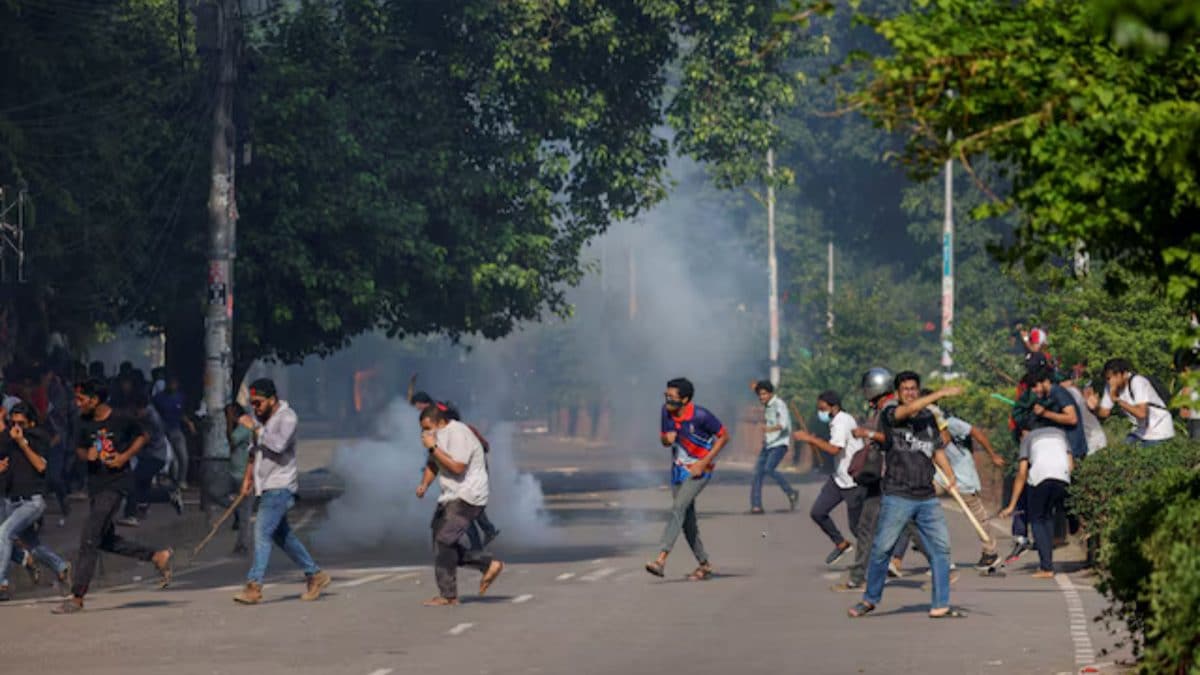Bangladesh Supreme Court Ruling
The Bangladesh Supreme Court has abolished most of the quotas in government jobs, reducing the reservations for children and grandchildren of freedom fighters to just 5%. This decision came amid widespread and violent protests against a recent High Court order that reinstated the 30% quota for descendants of independence war veterans. The High Court had deemed the government’s 2018 circular abolishing these reservations illegal, sparking massive unrest among students and the public.
Protests and Unrest in the country
The reinstatement of the 30% quota led to violent protests across the country, resulting in over 130 deaths, the closure of colleges and universities, and the suspension of internet services. The protests began after the High Court’s decision on June 5, which reinstated the quota, leaving only 44% of government jobs in the unreserved category.
Supreme Court’s Decision
The Supreme Court’s ruling, which came on Sunday, agreed with the government’s appeal against the High Court order. Attorney General AM Amin Uddin announced that the Supreme Court found the High Court order illegal. The new ruling drastically reduces the reservation for the descendants of freedom fighters from 30% to 5%, and for other categories to just 2%.
Impact on Job Reservations
Under the new Supreme Court order:
- 5% of government jobs will be reserved for children of independence war veterans.
- 2% of jobs will be reserved for other categories, including disabled individuals, indigenous communities, women, and people from underdeveloped districts.
This leaves 93% of government jobs to be filled based on merit, a significant increase from the previous 44% of unreserved jobs.
Reaction and Future Implications
The Supreme Court urged student protesters to return to their classes following the verdict. The decision aims to quell the unrest and bring stability to the education system and public services. However, the long-term impact on social dynamics and employment opportunities for marginalized groups remains to be seen.
Discover more from The Doon Mozaic | द दून मोज़ेक
Subscribe to get the latest posts sent to your email.



